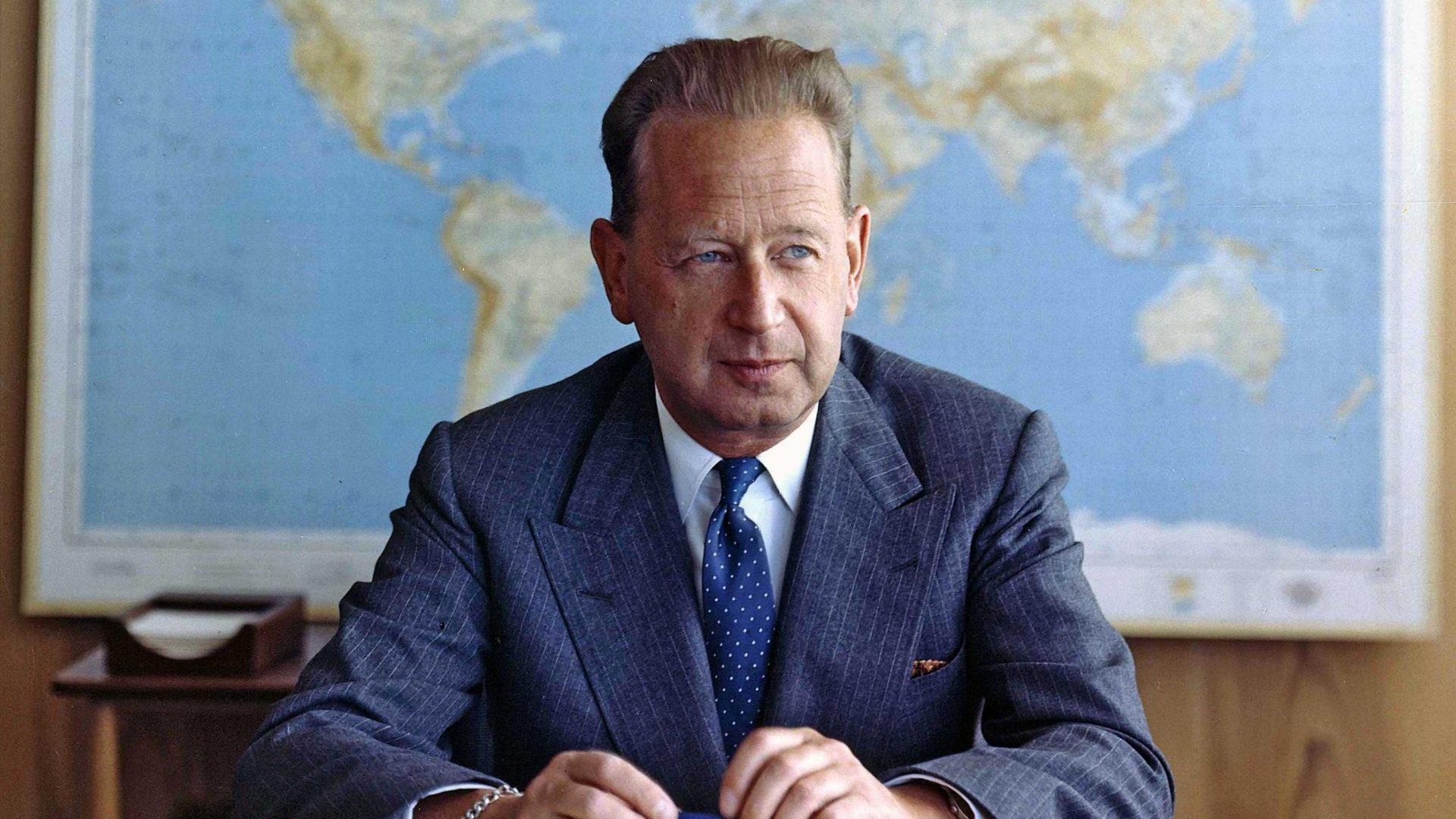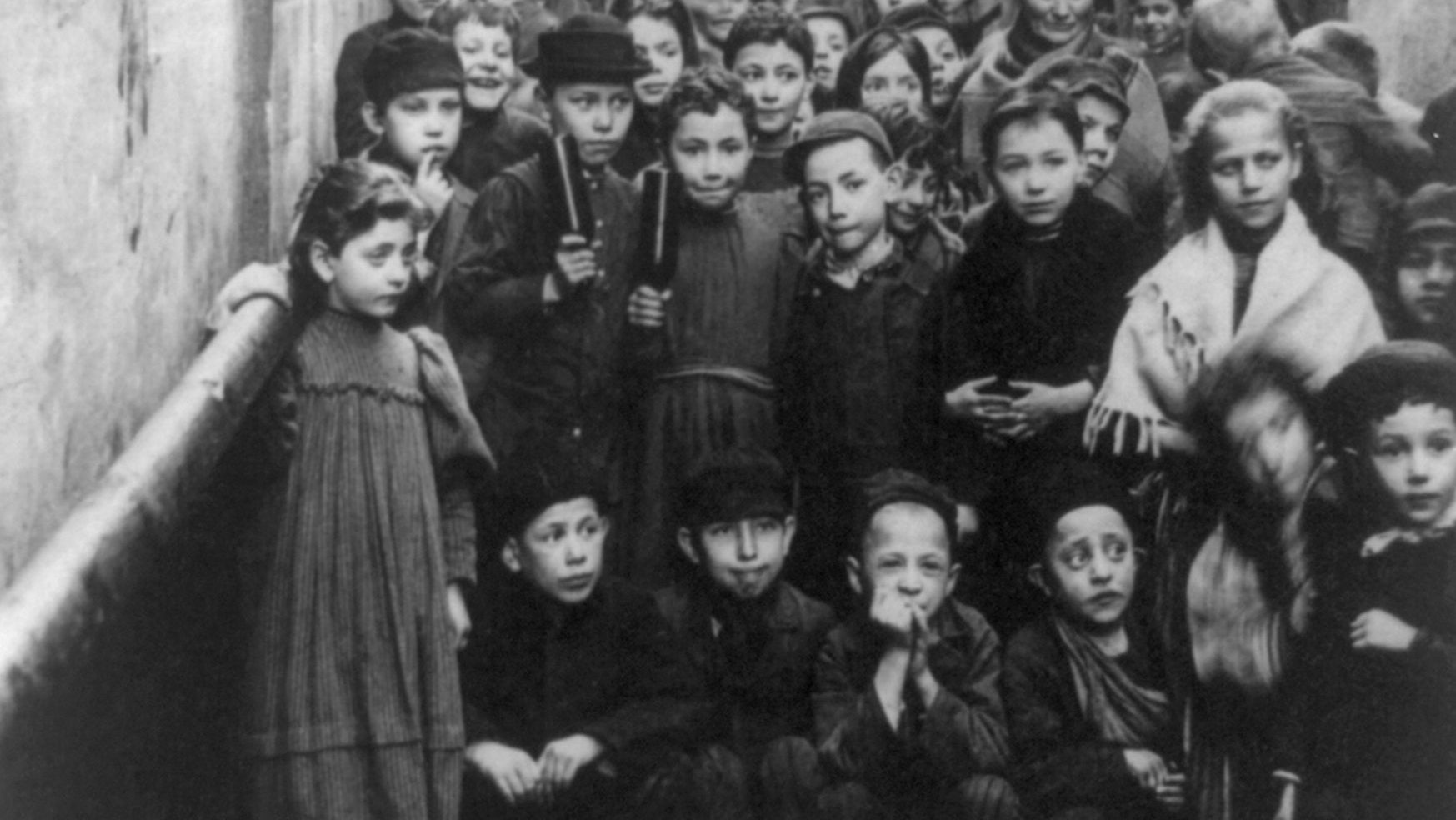Few international figures have ever found themselves under pressure as intense as Dag Hammarskjöld in the autumn of 1960. With the Cold War at its height and rapid decolonisation leaving power vacuums across the globe it was a nerve-shredding time to be secretary-general of the United Nations, not least when both those geopolitical issues clashed in the newly independent Republic of Congo (or ‘Congo-Léopoldville’, to distinguish it from its then identically-named neighbour, known as ‘Congo-Brazzaville’).
The fledgling nation was barely three months old before civil war erupted. The US and the USSR, keen to exploit both the uncertainty and the invaluable natural resources in the region, predictably backed opposing factions so Hammarskjöld sent in a peacekeeping force to restore calm. It was a decision condemned by Khrushchev’s Soviet Union who demanded the Swede’s resignation and the installation of a ‘troika’, a three-way board comprising representatives of the western, communist and neutral nations.
For Hammarskjöld, seven years into the job, resignation was out of the question. On September 26 he addressed the UN’s General Assembly in New York and told them why.
“Use whatever word you like – independence, impartiality, objectivity – they all describe the essential aspects of what, without exception, must be the attitude of the secretary-general,” he said. “Such an attitude may at any stage become an obstacle for those who work for certain political aims which would be better served or more easily achieved if the secretary-general compromised this attitude. But if he did, how gravely he would then betray the trust of all those for whom the strict maintenance of such an attitude is the best protection in the worldwide fight for power and influence.”
It was an unprecedented assertion of the authority of his role, one that depended on a complete independence of belief, thought and action. He was tied to no ideology or nation.
The UN was only eight years old when Hammarskjöld became its secretary-general in 1953. His predecessor Trygve Lie had been forced out by Soviet protests over his backing of intervention in Korea, prompting fears the UN would go the same way as its predecessor the League of Nations.
Hammarskjöld was elected as a well-regarded Swedish diplomat expected to be little more than a diligent and efficient bureaucrat, but instead the UN had found a man determined the organisation would not become an empty talking shop paralysed by factionalism. He knew he could use his position as a force for good, an assertive broker between parties that remained independent of all of them.
He beefed up his role into one with executive power, permitting him to make decisions and take action the likes of which neither his predecessors nor the great powers could have dreamed. The bureaucrat became a politician, one who took no side but that of the world itself, in particular the smaller nations whose global power was minuscule compared to the Cold War’s major players.
Hammarskjöld’s UN was not afraid to intervene in order to preserve international order. He favoured preventative diplomacy designed to stop smaller conflicts becoming proxy wars with the potential to escalate into global conflicts. There were factfinding missions, peacekeeping forces and a willingness by the secretary-general to get his own hands dirty. Barely two years into the job, Hammarskjöld had travelled to China and secured the release of 11 US airmen held prisoner there since the end of the Korean War. He intervened regularly in the Middle East as Israel clashed with neighbouring Arab states. He was instrumental in resolving the Suez crisis in 1956 and was there at the heart of 1958 turmoil in Lebanon and Jordan.
Whenever flashpoints threatened to become much larger issues in a world newly divided and armed with weapons capable of destroying itself several times over, Hammarskjöld quietly and diligently got on with the job of averting a nuclear holocaust. His committed neutrality and independence of thought seem almost unthinkable in today’s chaotic world where opinion and truth are too often given equivalence. Hammarskjöld’s genuine independence kept him apart from the ideological posturing of world politics, ensuring his decisions and advice were respected on almost all sides.
His sense of fairness came from his father Hjalmar, prime minister of Sweden during the First World War and a chair of the Nobel Foundation, who instilled a devotion to duty in his son that had been handed down from his own father. “From generations of soldiers and government officials on my father’s side I inherited a belief that no life was more satisfactory than one of selfless service to your country — or humanity,” said Hammarskjöld.
His rise had been unremarkable. A law and economics graduate, he worked for the Swedish Ministry of Finance and became president of Sweden’s national bank.
After the war he served in the Ministry of Foreign Affairs before becoming vice-chair of Sweden’s UN delegation, rising to chair in 1952. Within a year he had replaced Lie and set about moulding the organisation in his image. Almost exactly a year after that 1960 speech to the General Assembly, Hammarskjöld was dead. The Congolese eastern province of Katanga, a region particularly rich in ore including the uranium that was used by the Americans to make the bomb dropped on Hiroshima, had seceded and was seeking to strike out on its own with covert support from Belgium and western mining companies.
On the night of September 18, 1961, Hammarskjöld was on an aircraft bound for Congo and a meeting with the Katanga secessionist leader Moïse Tshombe, hoping to broker a deal preserving the geographical and political integrity of the Republic of Congo. Shortly after midnight the DC-6 crashed in a forest near Ndola in what was then the British protectorate of Northern Rhodesia, killing all 15 people on board.
In the 60 years that have passed since, Hammarskjöld’s death has been a fertile ground for conspiracy theorists. An inquiry determined the cause to be pilot error but given the timing and the VIP on board questions have always lingered.
Indeed, even in the hours following the crash the former US president Harry Truman said, “Hammarskjöld was on the point of getting something done when they killed him. Notice that I said when they killed him”.
The circumstances of his death have overshadowed the two key aspects of Hammarskjöld’s life and career: what he achieved and what he could have gone on to achieve. Certainly, we might not have the UN we know today without his single-mindedness and unshakable independence. The world could have looked very different if that plane had landed safely.




